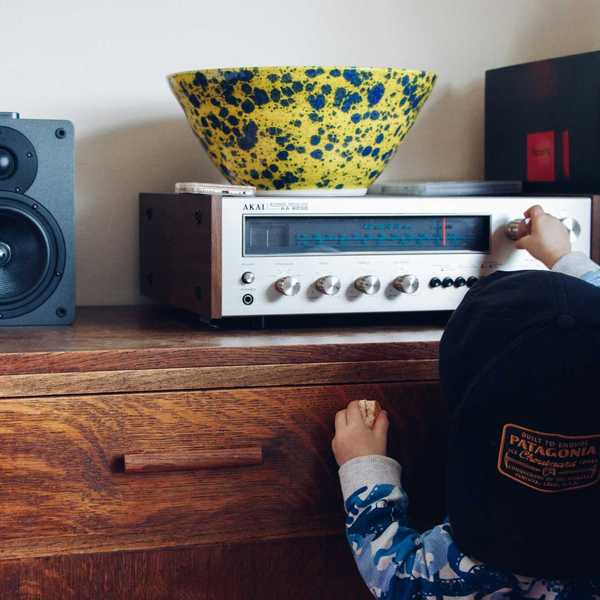AI-Generated Album Appears On Nova Scotia Musician Ian Janes' Spotify Profile Without His Permission
Janes reportedly received a notification from Spotify nudging him to promote a new release — but he hadn't released any new music. Though the album was later removed from his profile, it's still available on Spotify under the name Ian Janes.

Ian Janes.
Nova Scotia musician Ian Janes is speaking out against music by Ian Janes.
Janes, a Music Nova Scotia Award winner, says an AI-generated album was falsely added to his Spotify profile, under his name.
He tells CTV that he found out when Spotify sent him a notification urging him to promote his new release — but he hadn't released anything new.
When he went to his Spotify profile, he says, there was indeed a new album, but not one he had recorded.
"It's AI-generated music that you would listen to when you're on hold," he describes to Global. The album was removed from his profile but remains on Spotify under a separate profile, also using the name 'Ian Janes.' Janes' lawyer says that it's not technically a copyright violation unless the music uses Janes' likeness or his actual compositions.
The album bears the hallmarks of fraudulent music designed to score streams. It has a title that means nothing but seems poetic, Street Alone, and a large number of tracks (20). Several of the songs are named after popular hits but are not actually covers of those songs, like "Ho Hey," "Summertime Sadness," and "Give Your Heart A Break." The music sounds like it could be made entirely within Ableton or Logic Pro.
As AI technology becomes more advanced and more widely adopted, cases like Janes' are likely to become a lot more common.
Gaming the streaming sites with fraudulent tactics is already a popular practice. Last year, nine Canada-based music streaming sites were taken down for streaming manipulation. IFPI, the worldwide recording industry association, and Music Canada had filed a complaint stating that the sites were selling fake streams to boost play counts. When play counts are fraudulently boosted, that reduces the revenue shares paid out to human musicians.
There's already a lot of conversation about musicians' compositions being used — with or without their consent — to train AI tools that will ultimately aim to replace them. Artists like Billie Eilish, Metro Boomin and Arkells signed a letter in 2024 urging AI developers to "cease the use of artificial intelligence (AI) to infringe upon and devalue the rights of human artists."
Janes' situation is an ironic, but still arguably exploitative, inversion of that concern: it's not his music being used, but his stature as a musician. When listeners search Ian Janes on Spotify, Street Alone comes up under 'albums.'
It's not clear how the distributor who uploaded Street Alone was able to gain access to Janes' profile. But Janes' situation demonstrates a clear risk for independent musicians as these tactics proliferate.
“If a name isn’t proprietary, and titles aren’t proprietary, what’s going to keep an AI music company from using the name of existing musicians and using the names of the songs they’ve released?” Janes tells CTV.
Janes encourages supporting musicians directly, by buying merch and going to shows. He has a gig coming up on March 23 at The Carleton in Halifax, and poked fun at the situation in his show announcement.
"Solo acoustic. Two sets. Send requests in the comments (nothing from ‘Street Alone’ please)," he shared, alongside a graphic of a computer playing guitar.
- “F–k AI and AI Music”: Leith Ross Responds to Manipulated Songs Uploaded on Spotify Profile | Billboard Canada ›
- « Fuck AI and AI Music » : Leith Ross réagit aux chansons générées par intelligence artificielle publiées sur son profil Spotify | Billboard Canada ›
- Mac DeMarco Criticizes AI-Generated Music: ‘The Most Important Part of Art is the Human Element’ | Billboard Canada ›
















